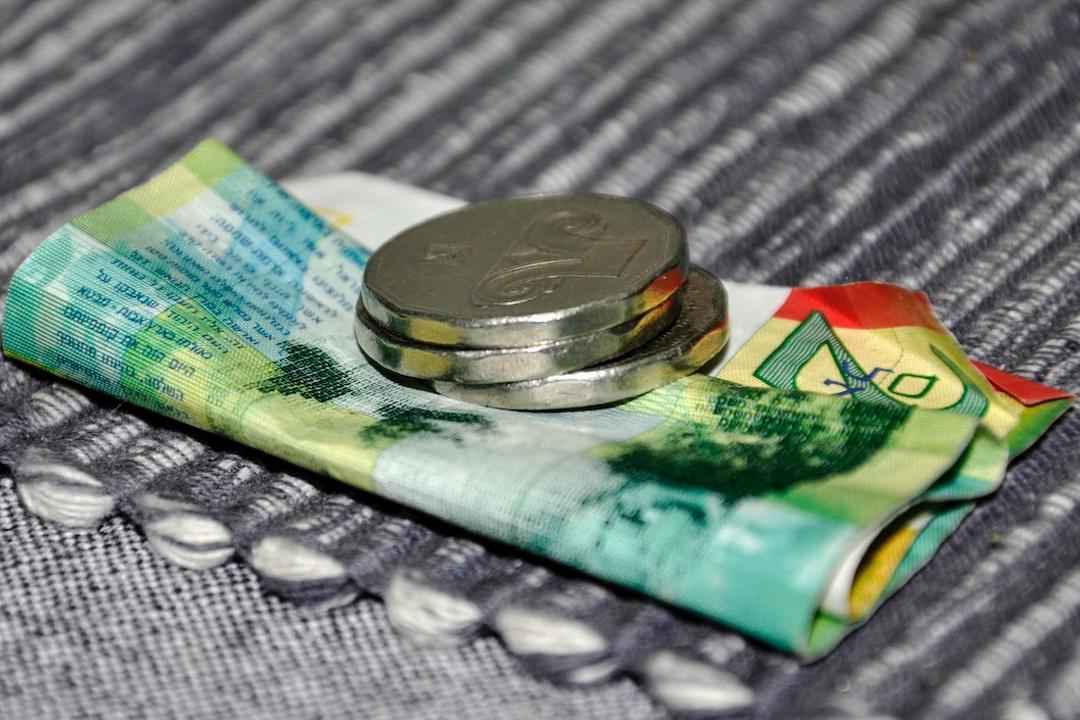Japan remains hesitant to approve cryptocurrency-based exchange-traded funds (ETFs), despite the global trend of embracing spot crypto ETFs. The country’s tax and regulatory policies continue to pose obstacles to the adoption of digital asset products, despite growing calls from domestic advocacy groups and partnerships. Mario Nawfal, the host of “The Roundtable Show” on X, described Japan’s approach to crypto ETFs as being in “HODL mode.”
In contrast, countries like the United States and Hong Kong have already given approval for spot Bitcoin (BTC) and Ether (ETF) ETFs, demonstrating their willingness to integrate crypto into traditional finance. This is reflected in the increasing institutional and retail investment in new crypto ETF products. For example, BlackRock’s iShares Bitcoin Trust received $329 million in investments on October 22. The US Securities and Exchange Commission (SEC) approved spot BTC ETFs in January, followed by Ether ETFs in July, while Hong Kong authorities approved both in April.
However, Japan’s Ministry of Finance and Financial Services Agency (FSA) remain cautious due to concerns about the volatility and risks associated with crypto ETFs. One central issue is Japan’s tax policy, which treats profits from general crypto investments as miscellaneous income and subjects them to a tax rate of up to 55%. In contrast, traditional ETFs in Japan are subject to a lower capital gains tax rate of about 20%, creating a disparity that is a cause for concern.
Yuichiro Tamaki, the leader of Japan’s Democratic Party for the People, proposed a separate tax rate of 20% for crypto assets, highlighting the need for tax reform. Tamaki’s party aims to make Japan a strong nation in Web3 and believes there should be no tax when exchanging crypto assets with other crypto assets. However, the party has relatively few seats in Japan’s parliament.
Despite these concerns, Japanese firms continue to accumulate crypto assets. Investment company Metaplanet recently purchased an additional 108.78 BTC, bringing its total holdings to almost 640 BTC. The Tokyo-listed firm has been aggressively acquiring BTC and currently holds 639.5 BTC worth around $40.5 million.
In summary, Japan’s regulators remain cautious about approving crypto ETFs due to tax and regulatory concerns, even as other countries embrace them. However, Japanese firms continue to show bullishness towards Bitcoin, accumulating more crypto assets despite the existing challenges.


